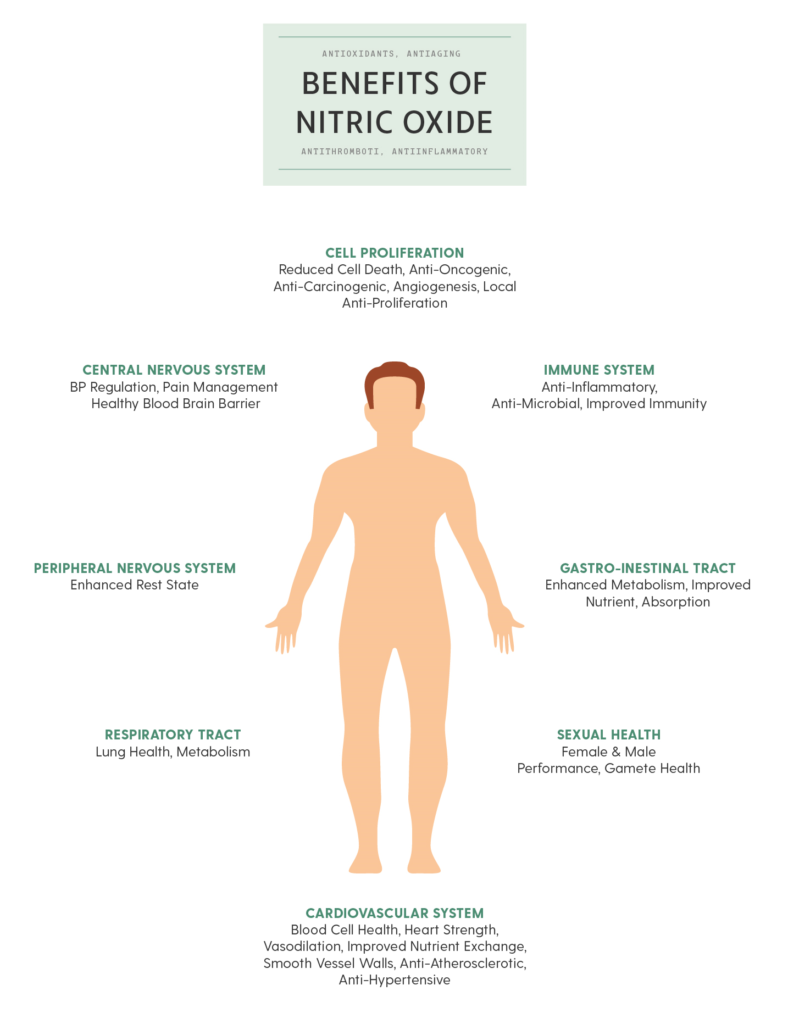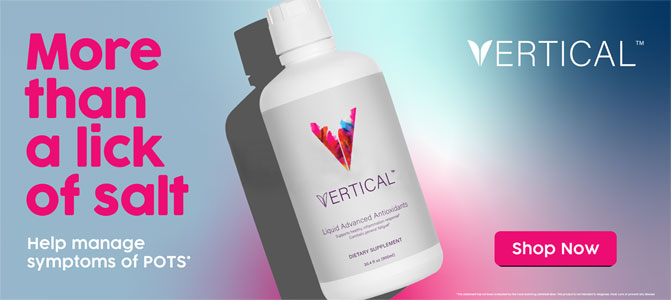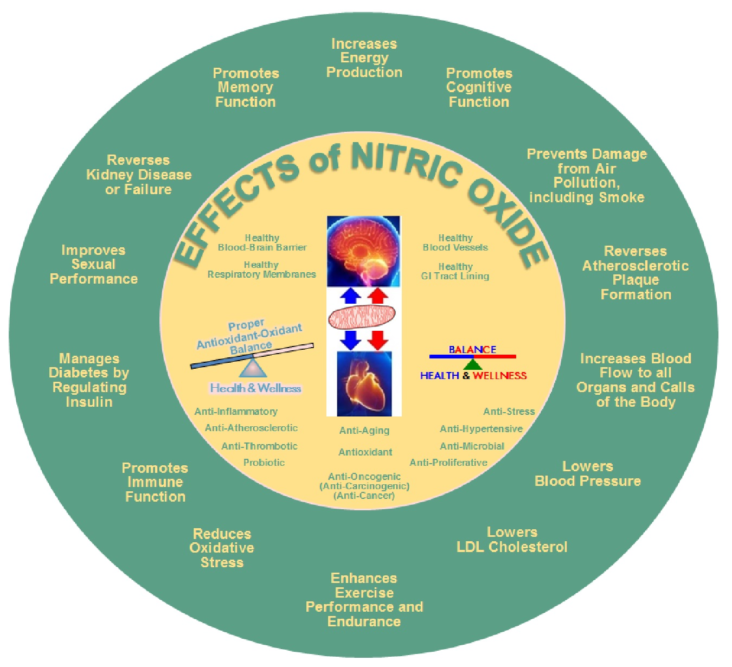Click here to download this post
The following is a rephrased excerpt from the book Clinical Autonomic and Mitochondrial Disorders by Doctors DePace and Colombo,Springer Publishers, Switzerland, 2019.
What does nitric oxide do in the body?
 Nitric oxide is an important signaling molecule in the human body. It is very important in supporting mind-body wellness. Nitric oxide is a signaling molecule that helps all the cells communicate with each other in the body. It also regulates blood flow, aids in blood pressure regulation and activates the immune system.
Nitric oxide is an important signaling molecule in the human body. It is very important in supporting mind-body wellness. Nitric oxide is a signaling molecule that helps all the cells communicate with each other in the body. It also regulates blood flow, aids in blood pressure regulation and activates the immune system.
Autonomic Dysfunction Treatment With Nitric Oxide
Our approach to treating autonomic dysfunction oftentimes involves using precursors of nitric oxide (see figure below), such as L-arginine and L-citrulline which use the enzyme nitric oxide synthase.
However, in younger people, L-arginine and L-citrulline as amino acids is not as effective in producing nitric oxide because they are already saturated with those amino acids, but they do benefit from beetroot, which is an inorganic source of nitrates which then can go into the nitric oxide production.
The L-arginine pathway (or Endogenous pathway) is limited and may become saturated (therefore limited), as in young people, and taking more of the amino acids does not help to increase nitric oxide. It is just wasteful. Taking supplemental beetroot (the Exogenous pathway) is not limited and creates as much nitric oxide as the bacteria in your mouth and gut can produce from what you ingest.

Key: 1) The action of bacterial nitrate reductases on the tongue and enzymes that have nitrate reductase activity in tissues, 2) Bacterial nitrate reductases, 3) Enzymes with nitrite reductase activity
Nitric oxide functions as a neurotransmitter. It is also a bactericide or antimicrobial and can destroy dangerous microbes in the body. It helps regulate blood vessels and dilates them thereby lowering blood pressure.
It can act as an anti-inflammatory and inhibits the white blood cells from adhering to blood vessels. It also functions as a reparative gas and has an antithrombotic, that is it can thin the blood and keep platelets from clumping together so arteries do not close down.
Nitric oxide has also been shown to promote blood vessel growth. Importantly, nitric oxide function as an antioxidant inhibits the bad LDL cholesterol from being oxidized in forming foam cells which are precursors to the atherosclerotic plaque.

Nitric oxide is known to regulate the immune system by enhancing T cell function. It also promotes sexual health in both males and females by increasing blood flow. It promotes better cerebral circulation and may prevent the “so called brain fog” or cognitive difficulties one may encounter when they have dysfunction of the autonomic nervous system.
It is postulated that nitric oxide can even prevent more damage when a heart attack even occurs. It may regulate cell death.
Nitric oxide increases the vagal tone in the body and this, therefore, protects the autonomic nervous system. It decreases sympathetic tone. It is known sympathetic tone increase can increase heart rate and blood pressure.
Therefore, precursors of nitric oxide, such as L-arginine, L-citrulline and beetroot may be effective ancillary agents in lowering blood pressure when antihypertensive medicines are used, or may be used in patients with borderline blood pressure elevation, or high-normal blood pressures to normalize blood pressure by themselves without adding medications. Physicians are usually required to make that judgment assessment. Therefore, nitric oxide is cardioprotective as it balances vagal and sympathetic tone.
Other benefits of nitric oxide is that it promotes bone remodeling and possibly may improve bone density and reduce joint pain and may minimize further cartilage damage by increasing blood flow to the joints.
When one is deficient in nitric oxide, blood pressure may be elevated as nitric oxide insufficiency causes vasoconstriction.
Also, it is believed that nitric oxide insufficiency promotes atherosclerosis, cognitive dysfunction, autoimmune dysfunction, immune dysfunction and most importantly mitochondrial dysfunction, and these can lead to negative symptoms. The mitochondria are the powerhouse of the cells, which produce ATP, the energy molecule, and nitric oxide deficiency by aversely affecting mitochondria can produce a fatigue.
Because of the many benefits of nitric oxide, it is often an important adjunctive ingredient in treating patients with high blood pressure, vascular disease, and autonomic dysfunction. It is also important for sexual health in both males and females for performance.
Many patients who have autonomic dysfunction and chronic fatigue syndrome obtain better exercise tolerance and better energy levels with nitric oxide-promoting regimens.
Simply adding beetroot, which is a source of inorganic nitrates, can increase one’s functional capacity when they have exercise intolerance. We use nitric oxide promotors such as the amino acids and beetroot in many patients who display symptoms and signs of autonomic dysfunction.
Dosing is variable and oftentimes it is better regulated by a physician and is usually better regulated by a physician who has experience in using these types of supplements.
They, however, can be purchased over-the-counter. It is true that too much nitric oxide potentially can be dangerous and therefore one needs to balance how much and what type of nitric oxide precursors would be most beneficial for their particular type problem. A physician experienced in this area can be helpful.




